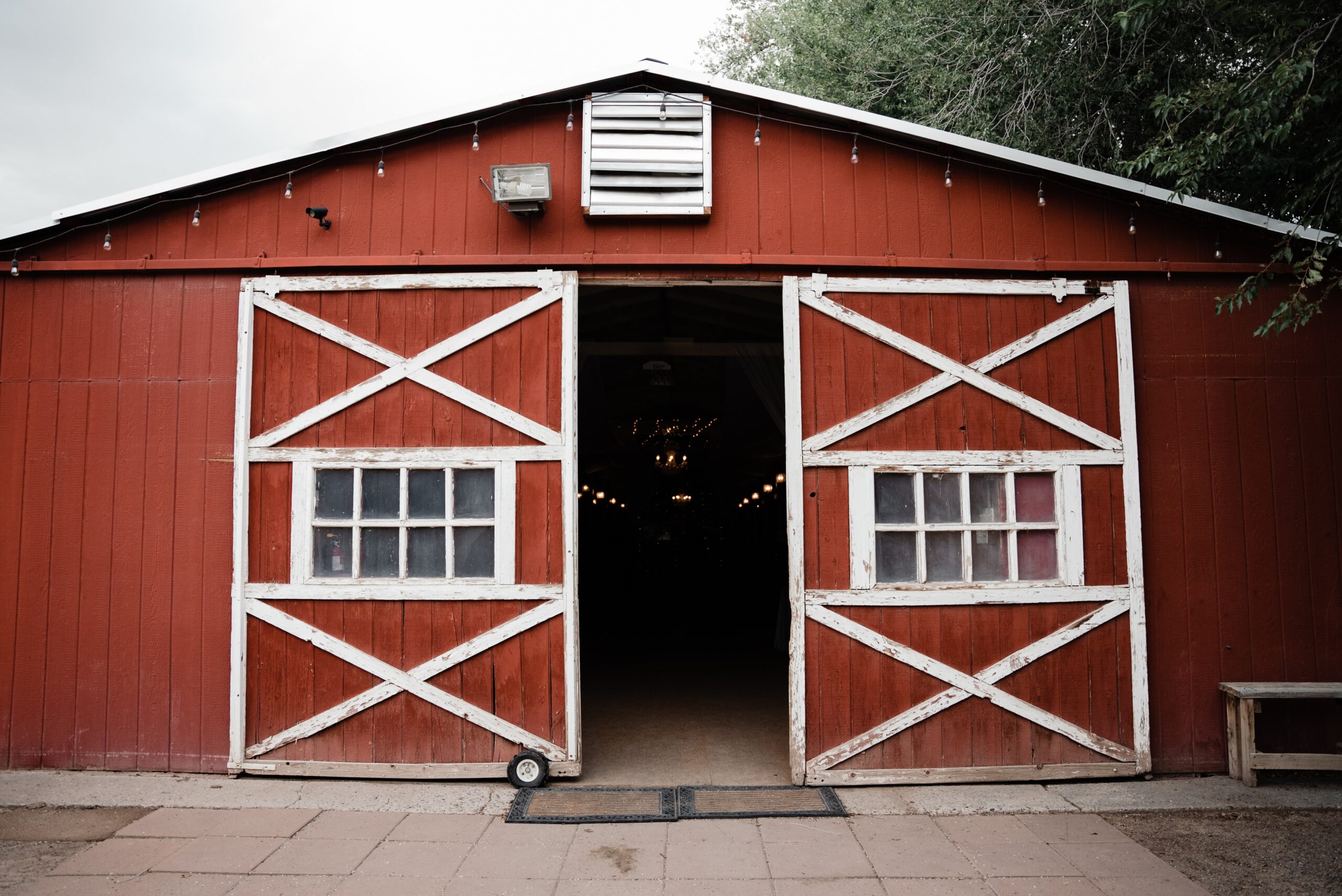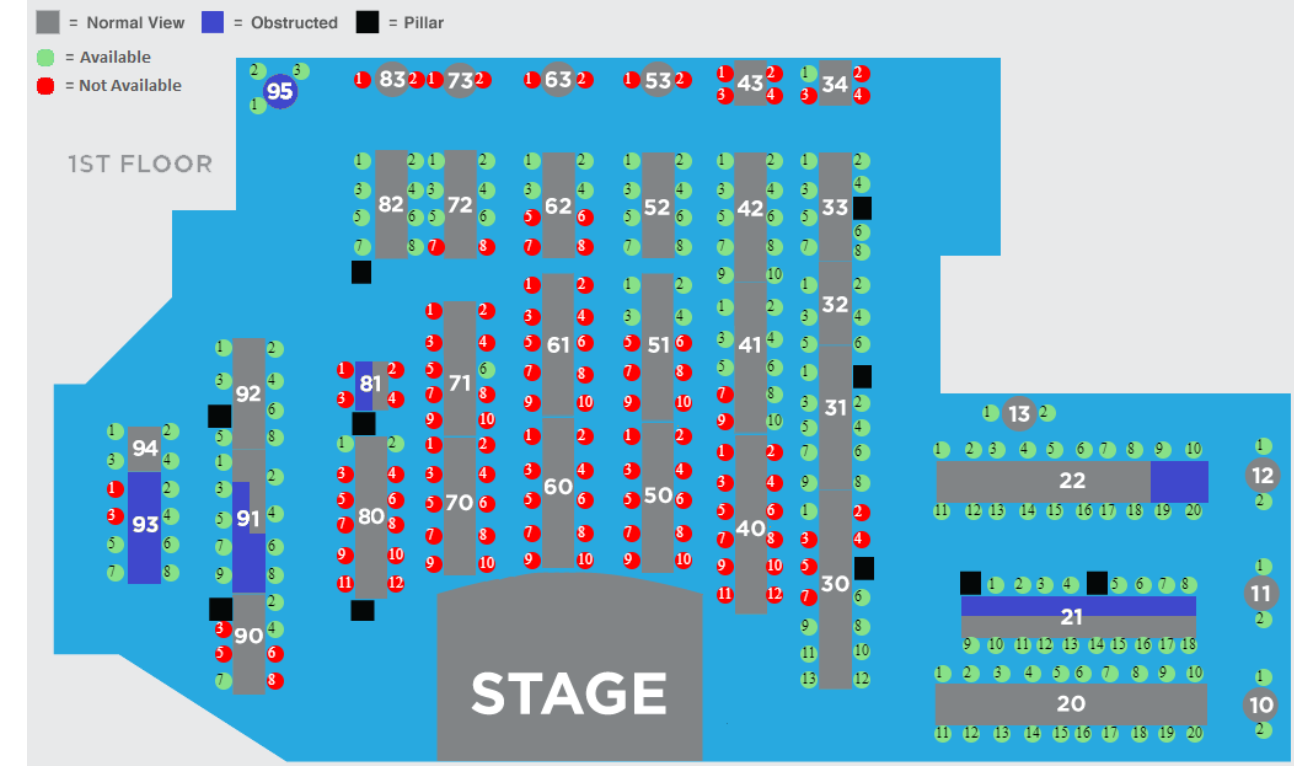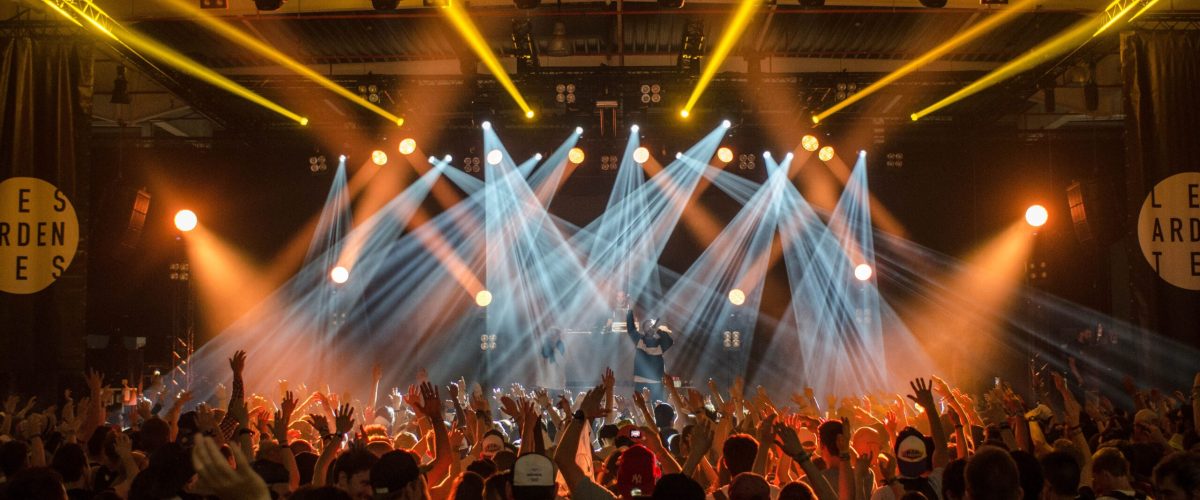A concert tour for most bands is built around setting up priority shows at venues where they will draw a large audience and expect to have a good pay day. These priority shows are called anchor dates and they are chosen to make most, if not all, of the budget back for the tour.
If you are a major star with Live Nation or AEG planning the tour, all the tour dates will be priority or anchor dates.
For middle of the road or smaller acts, a concert tour will have both anchor dates and routing gigs. Routing gigs are shows in smaller venues for less pay than the anchor dates. They allow the artist’s concert tour to add shows between their anchor dates as they travel from Anchor Date A to Anchor Date B.
For example, if a band is based in Dallas and have anchor dates in Chicago and New York, they will look for venues along that route that fit their style and music genre. The first leg of the tour is easier in the sense that you determine when you leave for your Chicago anchor date. The earlier you leave the more time you have for finding routing venues along the way from Dallas to Chicago.


To make it work the tour would look to a venue somewhat east from Chicago. Not all routing gigs are a straight line from Anchor Date A to Anchor Date B. In our scenario, Indiana, Michigan, northern Kentucky, e.g., Louisville or Ohio, say Columbus or Cleveland. All these destinations are within a 6-hour driving time from Chicago. Now think of all the smaller cities and towns that are in this radius as well.
Depending on the venue requirements you have, the tour will have many potential venues to play a routing gig on the night after their anchor date in Chicago. Supplement that with one or two weekday shows between the first routing gig and Anchor Date B in New York and a Friday night routing gig before your Saturday anchor date and you have a really good concert tour that should be profitable.
The purpose of the routing gigs is to pay tour expenses as you travel from your home base to Anchor Date A and from Anchor Date A to Anchor Date B. Bands don’t expect to get anywhere near the performance fee that they get from the anchor date venues. The concert tour’s goal is to pay expenses so that the anchor date fees are more profitable for everyone involved.
The explanation above is how your venue might be able to snag bigger acts for your venue by becoming more attuned to attracting routing gigs. There’s an opportunity for less renown venues to secure high-profile acts for their concert series because those artists were in the general area to play at larger venues.
Routing shows have a lot of value to artists as well as venues. It allows them to break up the journey between anchor venues; cover travel expenses, expose their music to a new audience and venue; and increase the chances of a successful and profitable concert tour.
For a venue the value is obvious. They can attract bigger acts at a significant cost savings; and by doing so, increase the audience interest and ticket sales for the venue as well as grow their brand equity.
The result is a win-win situation for both the concert tour and the venue that hosts a routing gig. So why don’t more venues take advantage of attracting routing gigs? I would guess the main reason is that they don’t know how.
 How Do You Attract Concert Tour Routing Gigs to Your Venue?
How Do You Attract Concert Tour Routing Gigs to Your Venue?
If you are looking to attract a major concert tour to your venue, you need to review the tour dates of the tour to see if there are any gaps in it. For the right venue and performance fee, a tour promoter may add a venue and date to a tour. This is most likely to take place as another stop added to the end of the tour, but not always. If there is a gap in the tour, the tour promoter may be anxious to fill it. TSE was able to get Alice Cooper to add a stop in Branson Missouri though such an arrangement.
If you plan on trying to attract larger acts for a routing gig at your venue routinely, then you should try to build relationships with tour promoters, who do tours for the kind of acts you want. Every business is about relationships. If you have a good one, then the tour promoter may reach out to you as he or she is putting together tour stops for their next tour.
If you have access to Pollstar or Celebrity Access, you cans search their database for acts performing in your area. You can search by say a 400-mile radius from your location and venue. If you find a band or entertainer that fits your venue, then go to their website and look up their future performances. If you find that they may be able to fit your venue into their schedule, then you need to contact the band’s agent to determine if they would consider adding you stop. If they would, you would need to negotiate a performance fee with their agent, recognizing that the agent will try to get their normal fee. However, you both know it’s a routing gig, so make a lower, but fair, offer to have them perform at your venue.
The next approach to locate other venue who book the kind of music and performances you want at your venue. Some venues target not only venues, but festivals or fairs taking place within 400 miles of their location. I often look at other venues of a similar size that book the kinds of acts that I want.
I do that for several reasons. The first is looking for acts in my area around the time I need to book one. It also allows me to see the ticket tiers and fees charged by the venue for those acts. Another reason is looking at ticket sales. Even though the show may be a month or two or more away, you can tell a lot about draw by the number of tickets sold at the presale or when the tickets are announced and go on sale. If it’s a reserved seat venue with multiple ticketing tiers, you can also see what ticketing tiers are selling early.

Once you have all that information, you can go to the artist’s website and see the dates listed for their shows. If there is a possibility of fitting in a gig before or after their performance at the other venue, you can contact TSE to make an offer. At this point you have much more information on which to base any offer.
You can do this process one of two ways.
-
-
- Date Specific: If you have a specific date in mind, you can search for acts in your area just before or after that date you need to fill. Use the process described above.
- Artist specific: You search by what artists are appearing in your area without regard to when they are appearing. Once you find the artist you want, you check their tour schedule and see if they can fit a routing gig into their tour schedule before or after the appearance in your area.
-
Don’t want to do all that research, then leave it to us. TSE will do this research for venues for which we are the exclusive buyer. TSE gets routing requests documents from the major artist representation agencies such as CAA, WME, UTI, etc. That puts us in a great position to act as your routing agent specialist.
Another option is joining a routing network. A routing network is a group of similar (size, music genres, etc.) venues that band together to create a tour for artists they want to book. The scope of the network can be two venues a few hundred miles apart to many venues over a wide geographic area. The advantage of such a network is that the routing network can offer an act X tour dates at Y performance fee for the entire network. More established routing networks have worked out the hospitality issues with local hotels and restaurants, etc. getting great discounts with them as well.
The benefit to the entertainers is obvious. They book a tour for X dates without the hassle of trying to find individual bookings. In return they give the whole network a reduced performance fee because of the number of bookings. This kind of certainty goes a long way with bands as they plan their booking schedule. By the way, nothing prevents the band from booking other routing gigs between their shows at the routing network’s venues.
The main drawback is that a venue needs to give up some booking autonomy as part of such a network. A venue might need to host a band it would not normally have booked because many or all the remaining clubs want that artist. The selection of artists in such a network is a process that needs to be spelled out in advance. How are bands considered and what is the decision process? If you can work the issues out, this is a great way to get artists at low enough fees to help ensure a financial success for everyone involved.
It’s a lot of work to find other venues interested in creating a routing network. After finding potential venues, they will need to create some formal structure to work out how decisions are made on dates, bookings, fees, etc. If all these things can be accomplished, such a routing network can contribute to the financial success of the venue involved.
That’s why TSE Entertainment is soliciting venues across the U.S. and Canada to determine their interest in participating in such a network. If enough venues agree that have the same profile, TSE will facilitate the venues working together. It’s a big win for the venues if TSE can help them work together. It’s part of our philosophy of helping venues, whether they be clubs, theaters, festivals, or fairs. We are a venue-oriented company as opposed to an artist-oriented agency.
This is another way we demonstrate being a full-service entertainment agency for such venues.
Related Post:
4 Ways an Entertainment Agency Can Help Music Venues[/vc_column_text][/vc_column][/vc_row]





